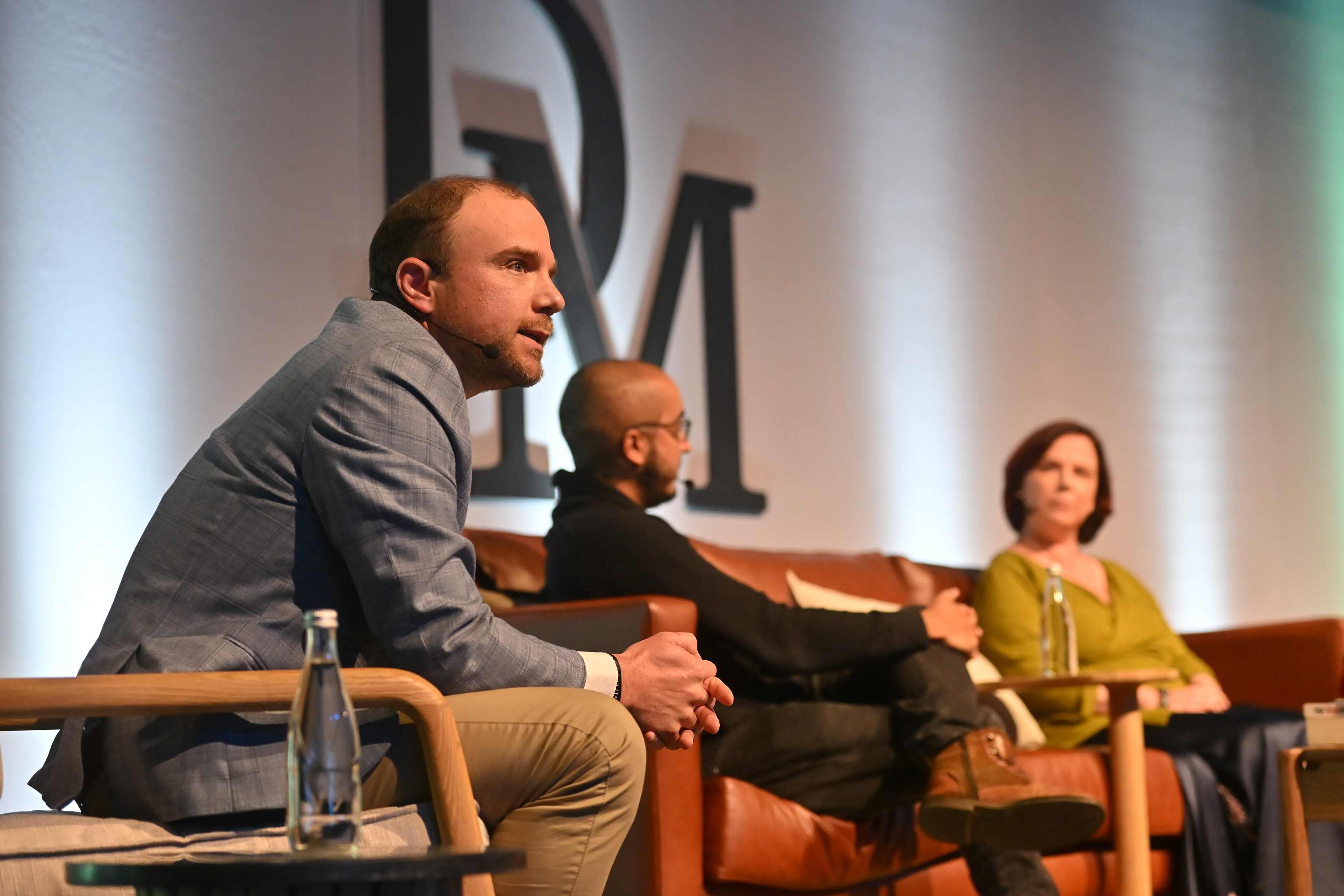
As a former financial journalist and editor, I have been at the coalface of the collapse of media institutions for the past 15 to 20 years. It has been brutal.
Having worked across various media platforms, I would like to think I have a pretty good grasp around industry dynamics including the influence of the various social media channels and media consumption habits.
For those who have followed the media landscape in South Africa, you will know that the Competition Commission has attempted to punish Google by pushing it to commit between R300-million and R500-million per annum to support local media outlets that the regulator believes have been prejudiced.
Read more: We’re not the ATM: Google says no to Competition Commission’s R500m proposal to fund SA news
Upfront, I am not overly supportive of this approach.
However, there was an interesting comment made by former investigative journalist and editor Rob Rose where he pointed to some research that suggested that an investment in journalism could add 1% or 2% to Gross Domestic Product (GDP), and I have been rolling this around in my head for a while.
Semantics and lenses
It could be argued that I took Rose’s quote a little out of context, so for absolute clarity: a study conducted by The Global Investigative Journalism Network covering 97 countries found that countries that recorded a decrease in press freedom also experienced a 1% to 2% drop in real gross domestic product (GDP) growth.
I appreciate that the converse is not a perfect sum — South Africa for instance ranks 25th in terms of media freedom versus the US at 55, India at 159 or China at 172 — but it is fair to say that smaller emerging markets with a strong media are able to attract investment capital.
Having said that…
Even with all our fatigue around stories of corruption, who hasn’t found themselves engrossed in Pieter-Louis Myburgh’s coverage of the Independent Development Trust? This is an R800m story, and the first time that a minister took action was in August 2025 on the back of Daily Maverick reporting.
What if we cast our eye over to the Gauteng Pensions Administration Agency, where the National Treasury had to intervene after the media exposed a dubious R1.2-billion lease deal — signed with a party that didn’t even own the building on offer?
What about Antoinette Slabbert’s work uncovering the R54-billion “mistake” that Eskom and the National Energy Regulator of SA were trying to keep quiet?
These are just a handful of examples of the value that a robust media brings to democratic processes.
‘Why isn’t the media doing something?’
If you chat to journalists and editors in South Africa, they will tell you there are hundreds of stories to be told each month. They will also tell you how often they hear the words: “But why isn’t the media investigating or doing something?”
Here’s the thing: at any point in time there are about 31,000 detective jobs in the South African Police Service, of which about around 18,000 are presently filled. Reports indicate that we have lost more than 8,000 detectives since 2016/2017.
In contrast, there are about 1,000 formal journalism jobs* in South Africa.
In some respects, we have been spoilt by the effectiveness of our media, despite numbers rapidly being eroded. Yet, we expect the media to play the role of investigators.
If we want a strong democracy, we need to invest in it
I disagree with the approach of the Competition Commission when it comes to Google and trying to apply some arbitrary annual fine. Before publishers and editors want to burn me at the stake, I really do appreciate the industry dynamics that see money being extracted.
Conservatively, R800m flows offshore each year in the form of advertising spend to the likes of Google, Meta, LinkedIn and X. This represents about 80% of digital ad spend from South African companies.
No tax, no employment and no development of local media capacity.
Now agencies and media buyers will immediately turn around and point to things like the enhanced targeting of these platforms, and I don’t disagree that they have a place in a media buyers’ arsenal. However, a general display ad across any of the major platforms has a click-through rate of under 1%, and research shows conversion on Google is probably between 3% and 6%, while LinkedIn is probably between 5% and 8%.
They’re certainly not shooting the lights out.
It does feel like there is a renewed interest in democracy and governance in South Africa, and the media can play a critical role in it — but it doesn’t help if we are exporting nearly R1-billion a year to go into US tech businesses.
A 1% growth in South Africa’s GDP would be R21bn per annum — that is a handy piece of growth for South African executive management teams to target. Maybe it is time they challenged their marketing teams to reimagine how they spend their R800-million per annum in the pursuit of a stronger democracy. DM
* This number excludes independent content producers, podcasters etc.
Via Reporters without Borders.
Marc Ashton is a former financial journalist, editor and is now the CEO of advisory business Decusatio.





 Pieter-Louis Myburgh, Micah Reddy and Estelle Ellis at the Daily Maverick's Gathering 2025. (Photo: David Harrison)
Pieter-Louis Myburgh, Micah Reddy and Estelle Ellis at the Daily Maverick's Gathering 2025. (Photo: David Harrison)